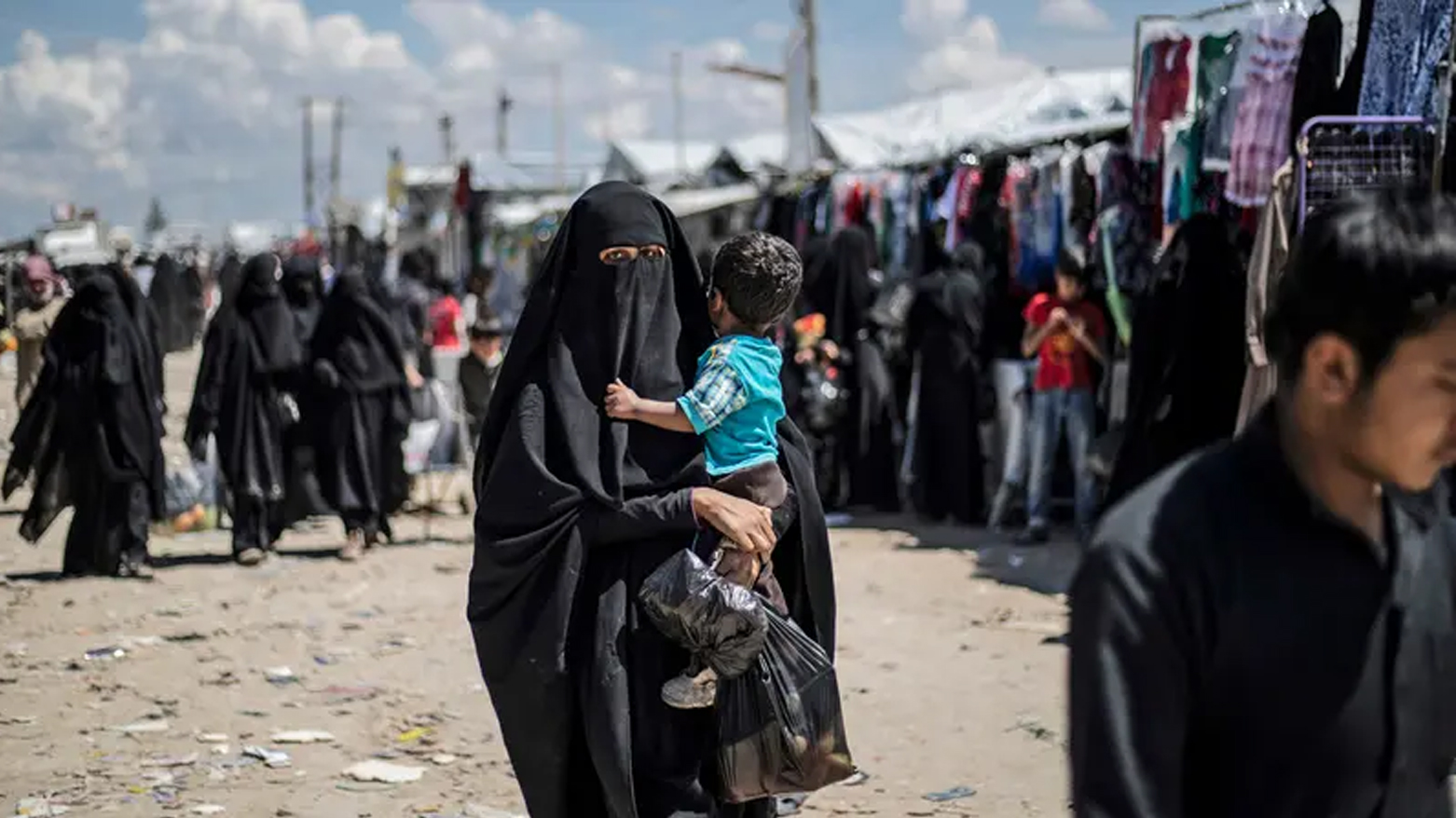Syria’s Kurdish-Led Authorities Reach Agreement with Damascus on Al-Hol Camp Returns
Ahmed denied recent reports that control of the camp would be handed over to the Syrian government in the near future, clarifying that no such discussions had occurred during the Damascus delegation’s visit or in any official governmental meetings.

ERBIL (Kurdistan24) — Kurdish-led authorities in northeast Syria, known as the Syrian Democratic Forces (SDF), announced they have reached an agreement with the transitional government in Damascus to begin the repatriation of families from the notorious al-Hol camp, home to thousands with suspected ties to ISIS.
Sheikhmous Ahmed, a senior official in the SDF administration, said the agreement outlines a joint mechanism to facilitate the return of camp residents. The decision came following a tripartite meeting involving local autonomous authorities, Syrian government representatives, and members of the international coalition led by the United States—tasked with combating ISIS remnants in the region.
Ahmed denied recent reports that control of the camp would be handed over to the Syrian government in the near future, clarifying that no such discussions had occurred during the Damascus delegation’s visit or in any official governmental meetings.
The al-Hol camp, located in northeastern Syria, houses approximately 37,000 people, the majority of whom are women and children linked to ISIS fighters or sympathizers. The camp is notorious for its dire humanitarian conditions, extremism, and recurring violence. Human rights organizations have long decried the living conditions, warning of the camp’s potential as a breeding ground for future extremism.
The camp’s residents include Syrian and Iraqi nationals, as well as foreign nationals from various countries who had joined or supported ISIS. While a repatriation mechanism for Syrian families wanting to return to Kurdish-controlled areas has existed for years, a formal arrangement with Damascus for the return of Syrians to government-held areas has been absent—until now.
This new agreement comes at a time when efforts are reportedly underway to strengthen cooperation between the Kurdish-led administration in northeast Syria and the new leadership in Damascus.
According to a previous agreement in March between Syrian President Ahmed Shar’a and the SDF leadership—an alliance supported by the U.S.—SDF military forces are expected to be integrated into the new Syrian government forces. Additionally, control over all border crossings with Iraq and Turkey, as well as airports and vital oil fields in the northeast, is expected to be handed over to Damascus.
Furthermore, discussions are ongoing about transferring custody of detention centers housing approximately 9,000 suspected ISIS members from the SDF to the central government.
Implications
Al-Hol has been a lingering challenge since the territorial defeat of ISIS in 2019. The camp symbolizes the unresolved aftermath of the conflict, housing displaced individuals, former ISIS affiliates, and innocent family members caught in the web of war.
While the SDF has long called for international support to repatriate or try foreign nationals, most countries have refused to take their citizens back. Iraq has repatriated some of its nationals under international pressure, but full-scale returns have remained complex and politically sensitive.
This recent agreement could mark a turning point in Syria’s internal dynamics—potentially signaling a shift toward reintegration between the Kurdish-led administration and the central government in Damascus. However, with power-sharing arrangements still in early stages and political stability far from guaranteed, the future of al-Hol and its residents remains uncertain.